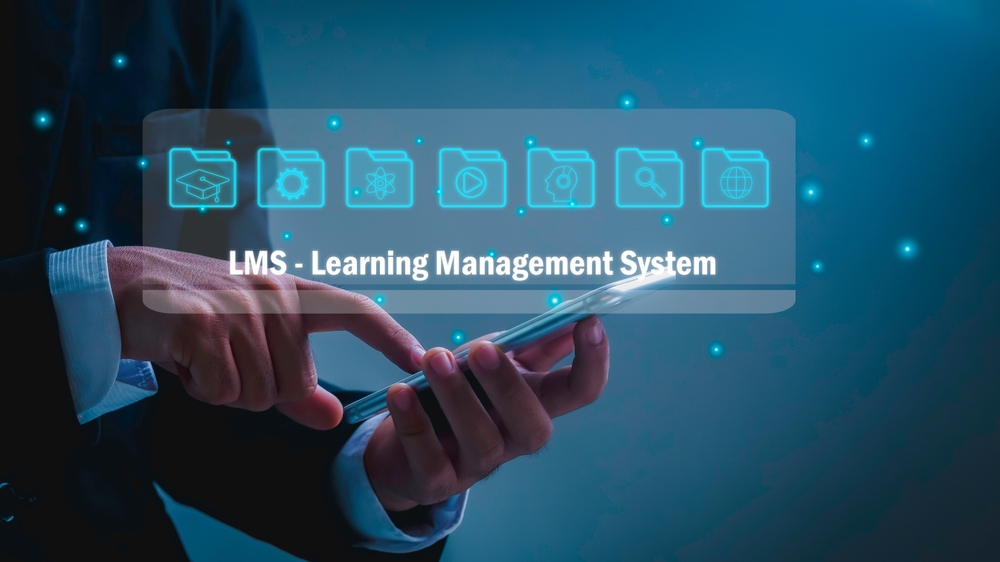In the rapidly evolving landscape of education, the role of technology has become increasingly vital. One of the most transformative tools in this regard is the Student Information System (SMS). This comprehensive software solution is revolutionizing the way educational institutions operate, manage, and deliver their services. From administrative tasks to student performance tracking, the SMS serves as the backbone of modern-day schooling. In this blog post, we will delve into the intricacies of school management systems, exploring their functionalities, benefits, and their indispensable role in enhancing the efficiency and effectiveness of educational institutions.
Evolution of School Management Systems

Gone are the days when schools relied solely on manual record-keeping and administrative processes. The advent of technology brought forth the concept of School Management Systems, which have evolved significantly over the years. From simple attendance tracking systems to robust platforms encompassing various modules such as admissions, examinations, timetable management, and finance, the SMS has undergone a remarkable transformation. Today, these systems are designed to streamline every aspect of school administration, providing administrators, teachers, parents, and students with a centralized platform to access relevant information seamlessly.
Key Functionalities of School Management Systems
- Student Information Management: SMS allows schools to maintain comprehensive databases of student information, including personal details, academic records, attendance records, and disciplinary history. This ensures easy access to vital student data, facilitating efficient monitoring of student progress and performance.
- Attendance Management: Automated attendance tracking features in SMS eliminate the need for manual attendance registers, saving time and reducing errors. It enables real-time monitoring of student attendance, thereby promoting accountability and discipline.
- Academic Management: From class scheduling to lesson planning, SMS streamlines academic processes, making it easier for educators to organize their teaching materials, assign tasks, and track student progress. It also facilitates communication between teachers and students regarding assignments, deadlines, and academic updates.
- Finance and Fee Management: Managing finances and fee collection can be a daunting task for educational institutions. SMS simplifies this process by providing tools for fee collection, invoice generation, and financial reporting. It ensures transparency in financial transactions and helps schools maintain accurate financial records.
- Communication and Collaboration: Effective communication between stakeholders is crucial for the smooth functioning of schools. SMS facilitates seamless communication between administrators, teachers, parents, and students through features such as messaging platforms, announcement boards, and online forums. This fosters collaboration and engagement within the school community.
- Examination and Grading: Conducting examinations, grading assessments, and generating report cards are made efficient with the help of SMS. It allows educators to create and administer online exams, automate grading processes, and generate comprehensive performance reports for students.
Benefits of Implementing a School Management System
- Increased Efficiency: By automating routine administrative tasks, SMS frees up valuable time for educators and administrators, allowing them to focus on more strategic initiatives aimed at enhancing the quality of education.
- Enhanced Communication: SMS facilitates seamless communication between all stakeholders, fostering better collaboration and engagement. Parents can stay updated on their child’s academic progress, attendance, and school activities in real-time.
- Improved Data Management: With centralized databases and robust data management capabilities, SMS ensures the integrity and security of student information. It enables easy retrieval of data for reporting and analysis purposes, aiding informed decision-making.
- Cost Savings: While initial implementation costs may be involved, the long-term benefits of SMS outweigh the investment. Reduced paperwork, lower administrative overheads, and improved resource allocation contribute to cost savings for educational institutions.
- Better Student Outcomes: By providing educators with tools to track student performance, identify areas for improvement, and personalize learning experiences, SMS plays a pivotal role in enhancing student outcomes and academic achievement.
Exploring the Dynamic World of Learning Management Systems
Conclusion
In conclusion, School Management Systems have emerged as indispensable tools for modern educational institutions seeking to optimize their operations and deliver quality education effectively. By integrating technology into every facet of school administration, SMS empowers educators, administrators, parents, and students alike, fostering a collaborative and efficient learning environment. As education continues to evolve in the digital age, the importance of School Management Systems in shaping the future of schooling cannot be overstated. Embracing these innovative solutions is not just a choice but a necessity for schools committed to staying ahead in today’s competitive landscape.



